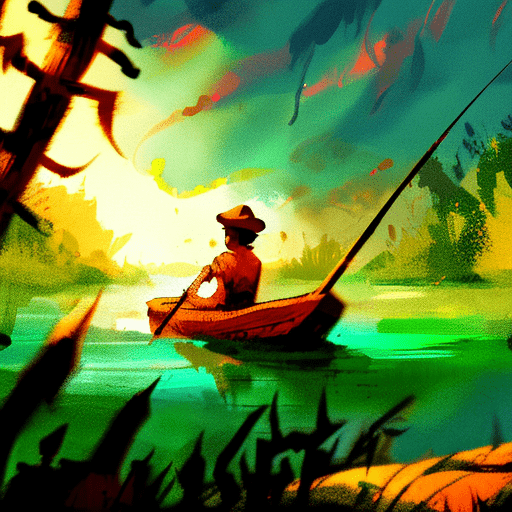Summary:
The Adventures of Huckleberry Finn is a classic American novel written by Mark Twain. It follows the journey of Huck Finn, a young boy who escapes his abusive father and embarks on a rafting adventure down the Mississippi River with Jim, a runaway slave. Along the way, they encounter various characters and face moral dilemmas that challenge their beliefs and values.
The Journey Begins: Huck’s Escape and Meeting Jim
The story begins with Huck Finn, a mischievous and independent young boy, who fakes his own death to escape his abusive father and the confines of his civilized life. He soon encounters Jim, a runaway slave seeking freedom. Despite the societal norms of the time, Huck decides to help Jim escape to the North. They embark on a journey down the Mississippi River, seeking freedom and adventure.
An Unlikely Friendship: Huck and Jim’s Bond
As Huck and Jim travel together, they form a deep bond and develop a genuine friendship. Huck, who has been raised to believe that slavery is acceptable, begins to question his own beliefs as he witnesses Jim’s humanity and kindness. Despite the risks involved, Huck decides to protect Jim and help him reach freedom, even if it means going against the laws and norms of society.
Moral Dilemmas and Social Critique
Throughout their journey, Huck and Jim encounter various moral dilemmas and witness the injustices of society. They come across con artists, thieves, and hypocrites, highlighting the flaws and corruption of the world they live in. Mark Twain uses these encounters to critique the social and racial inequalities of the time, challenging the reader to question their own beliefs and prejudices.
One of the most significant moral dilemmas Huck faces is when he is torn between turning Jim in as a runaway slave or helping him escape. Despite the societal pressure to conform, Huck chooses to follow his conscience and protect Jim, realizing that his friendship and loyalty are more important than the laws of society.
Key Takeaways:
- The Adventures of Huckleberry Finn explores themes of friendship, freedom, and morality.
- The novel challenges societal norms and prejudices, particularly regarding race and slavery.
- Huck’s journey down the Mississippi River serves as a metaphor for personal growth and self-discovery.
- The book raises important questions about the nature of morality and the individual’s responsibility to follow their conscience.
“It’s lovely to live on a raft. We had the sky up there, all speckled with stars, and we used to lay on our backs and look up at them, and discuss about whether they was made or only just happened.” – Mark Twain
In conclusion, The Adventures of Huckleberry Finn is a thought-provoking novel that explores themes of friendship, freedom, and morality. Through Huck’s journey down the Mississippi River, Mark Twain challenges societal norms and prejudices, urging readers to question their own beliefs and values. The bond between Huck and Jim serves as a powerful reminder of the importance of loyalty and the need to follow one’s conscience, even in the face of adversity.












